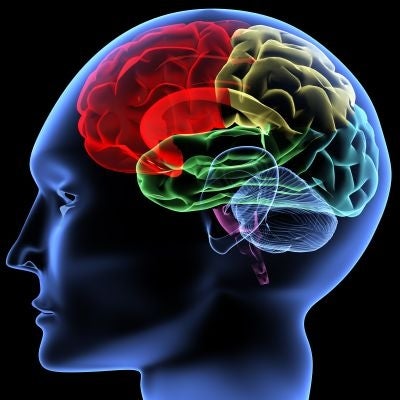Your support helps us to tell the story
From reproductive rights to climate change to Big Tech, The Independent is on the ground when the story is developing. Whether it's investigating the financials of Elon Musk's pro-Trump PAC or producing our latest documentary, 'The A Word', which shines a light on the American women fighting for reproductive rights, we know how important it is to parse out the facts from the messaging.
At such a critical moment in US history, we need reporters on the ground. Your donation allows us to keep sending journalists to speak to both sides of the story.
The Independent is trusted by Americans across the entire political spectrum. And unlike many other quality news outlets, we choose not to lock Americans out of our reporting and analysis with paywalls. We believe quality journalism should be available to everyone, paid for by those who can afford it.
Your support makes all the difference.The use of brain surgery to treat psychiatric disorders has long been controversial, but new technologies are emerging that can help people with severe illnesses, scientists said Friday.
However, experts urged caution because they still do not understand exactly how these therapies work, and so they should be limited to patients with debilitating disorders that cannot be helped by psychotherapy or medication.
One new therapy discussed Friday at the annual meeting of the American Association for the Advancement of Science was the use of deep brain stimulation to ease obsessive compulsive disorder, or OCD.
The technique, approved in 2009 by the US Food and Drug Administration for extreme cases under its humanitarian device exemption, involves the insertion of a thin electrode deep in the brain.
The electrical current has been shown to reduce OCD symptoms by about 25 percent in some patients. The technique has been tried on just over 50 people in the United States since the research first began in 2000.
"These techniques are promising but must be used with an abundance of caution," said Benjamin Greenberg, associate professor of psychiatry and human behavior at the Warren Alpert Medical School of Brown University.
"This is reserved for the small proportion of people who are severely disabled and have not benefitted anywhere near adequately from very aggressive use of conventional treatments."
About one percent of adults are affected by OCD, experts say. To qualify for treatment with the brain electrodes, patients must show "severe and chronically disabling illness despite at least five years of aggressive treatment," Greenberg said.
ksh/mlm

Join our commenting forum
Join thought-provoking conversations, follow other Independent readers and see their replies
Comments